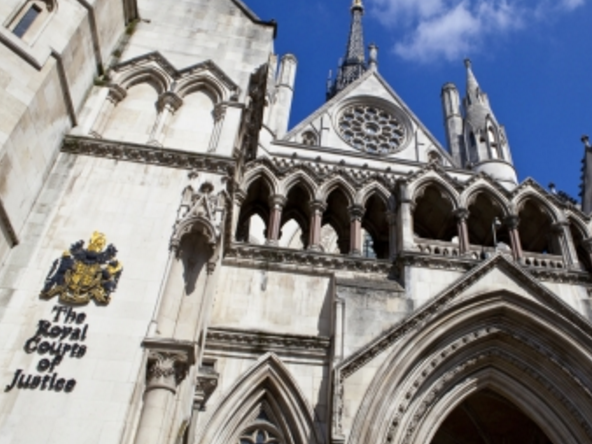
The High Court has ordered Express Newspapers to publish an apology over a website story which accused man of helping to start fires at a migrant camp in Paris.
And it has thrown out a bid by the title to argue that the order infringed its rights under Article 10 of the European Convention.
James Ellison sued the Express in 2016 over an article on the Express.co.uk website. An early stage the Express agreed to settle the proceedings, paying damages and costs and publishing an apology, on the basis that it had imputed that Ellison had committed arson on foreign soil.
After some six months had elapsed without the agreement being carried out, Ellison launched proceedings under Part 8 of the Civil Procedure Rules (CPR), which govern the conduct of civil litigation, to enforce the settlement.
This case was itself settled by an agreement under Part 36 of the CPR, covering offers to settle, which included the payment of substantial damages and costs, and a published apology.
But the apology which appeared in the Express differed substantially from the version which had been agreed with Ellison and his legal team, led by barrister Adam Wolanski of 5RB.
Among other differences, the published apology made no reference to the seriousness of the libel, or to the fact that the Express had agreed to pay Ellison substantial damages and costs, and was also divided in two by a substantial “slab” consisting of Express trademarks.
After further correspondence failed to resolve the issue Ellison applied to the High Court for orders for the enforcement of the agreement through publication of the apology in the terms which had been agreed.
Express Newspapers admitted at a hearing before Master Richard Davison that the apology was different, but argued that what had been published was not different in substance from that required by the settlement terms.
Master Davison disagreed, and ordered the Express to publish the agreed version of the apology, without discontinuities, within seven days.
He also rejected an application by the Express for an adjournment so that it could prepare an argument that article 10 of the European Convention on Human Rights constituted a defence to the application (which covers freedom of Expression). And he ordered the Express to pay the costs of the application on the indemnity basis, refused it permission to appeal and rejected an application to extend the time for making a further application for permission.
Email pged@pressgazette.co.uk to point out mistakes, provide story tips or send in a letter for publication on our "Letters Page" blog
